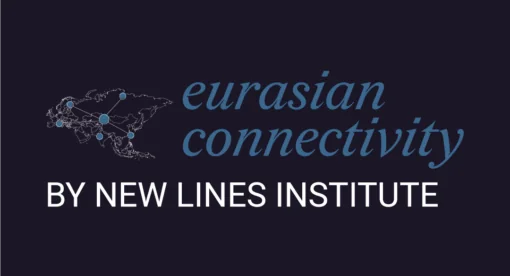The Lodestar, Episode 27
Newlines Institute’s Kamran Bokhari and Jacob Shapiro of Perch Perspectives touch on an array of topics, including how COVID has set the course for U.S.-China competition, the geopolitics of Black Lives Matter, and the shift toward a multipolar world. The COVID-19 pandemic has accelerated a handful of political forces that existed before the virus spread, Shapiro says, and locked the United States and China into a contentious relationship. Elsewhere in the world, the pandemic has created opportunities for some countries to strengthen their positions and in some cases form blocs with other nations as the world moves away from globalization and away from a situation in which the United States is the global superpower. The United States has abdicated its role as global leader, Shapiro says, and needs to look at internal issues like race relations in order to maintain a certain credibility on the world stage because the United States’ greatest strength is in leading by example rather than leading by coercion.
The views expressed in this podcast are those of the guests and not an official policy or position of the Newlines Institute.







